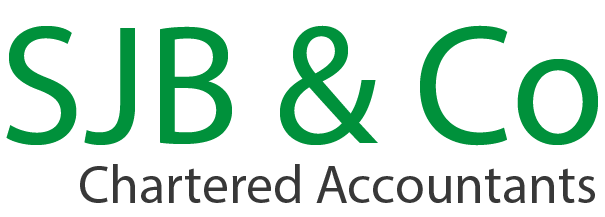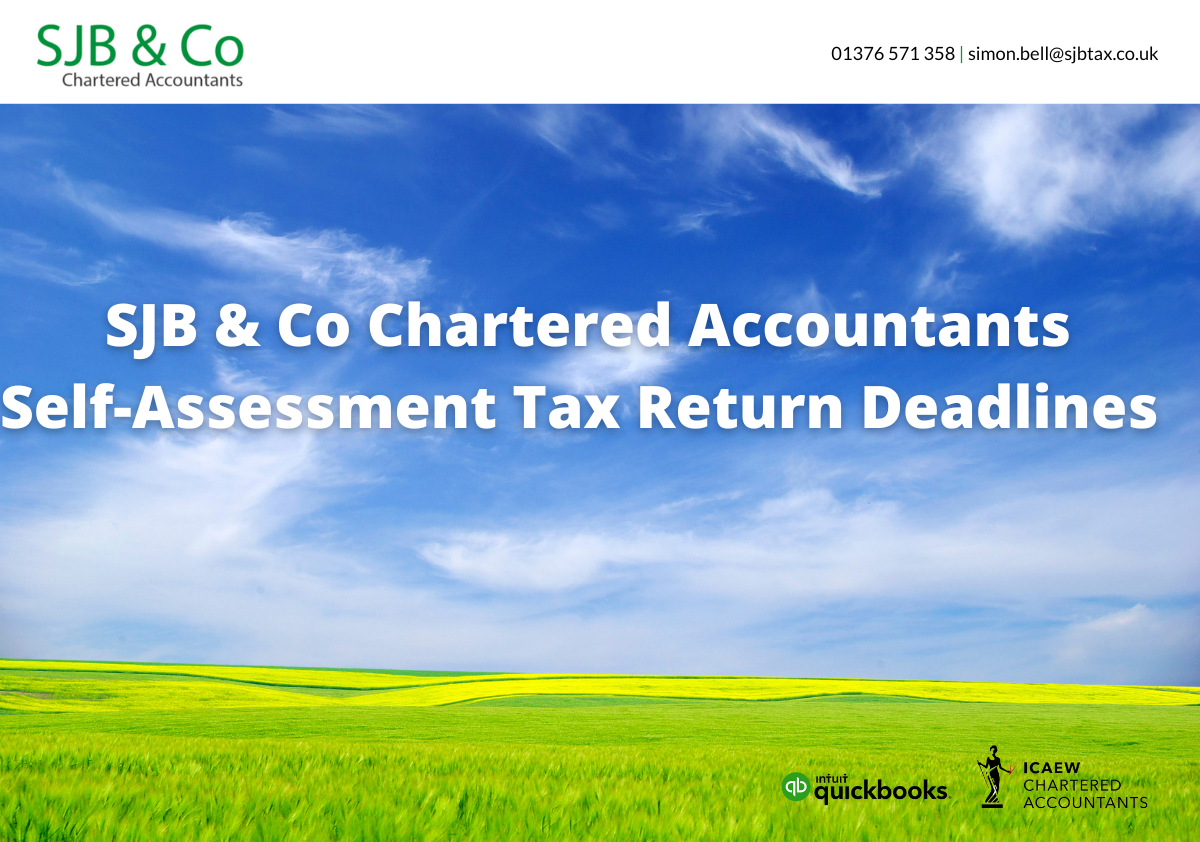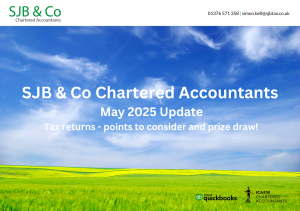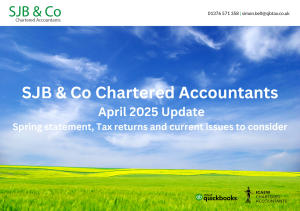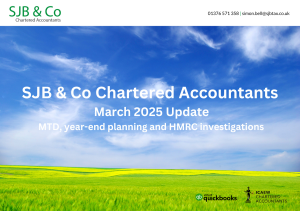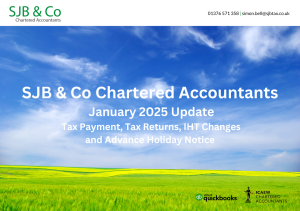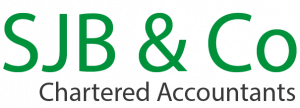On 24 October, HMRC issued a news release reminding taxpayers within self-assessment that they had 100 days left in which to complete their 2021/22 self-assessment tax return. However, earlier deadlines apply to taxpayers who want to file a paper return or who want any tax that they owe for 2021/22 to be collected through an adjustment to their 2023/24 PAYE tax code.
Key dates
The deadline for filing 2021/22 self-assessment tax returns online is midnight on 31 January 2023. However, an earlier deadline of 31 October 2022 applies to taxpayers who opt to file a paper tax return. Taxpayers who want tax that they owe for 2021/22 collected through PAYE must file their tax return by midnight on 30 December 2022.
This note explains the different deadlines that apply for filing your return and the consequences of missing those deadlines.
Are you registered for self-assessment?
If you are not registered for self-assessment, you will need to register to be able to file a self-assessment tax return. This should be done as soon as possible.
Guidance on registering for self-assessment can be found on the Gov.uk website at www.gov.uk/self-assessment-tax-returns/sending-return.
Filing a paper tax return
Although HMRC encourage taxpayers to file their self-assessment tax return online, it remains possible to file a paper tax return. However, an earlier deadline of 31 October 2022 applies to those opt to file paper returns. In the event that a notice to file a return for 2021/22 was received after 31 July 2022, a paper return can be filed up to the date three months from the date on which the notice to file was issued
If you choose this option, you can find the 2021/22 self-assessment tax return SA100 on the Gov.uk website (see www.gov.uk/government/publications/self-assessment-tax-return-sa100). The form can be printed off and completed. Remember to print off and complete any supplementary pages that may also be required. Guidance on completing the form is available is also available on the Gov.uk website.
If you file a paper return after 31 October (or, if later, more than three months from the date of the notice to file a return), you will receive a later filing penalty. However, if you miss the deadline for paper returns, you can avoid a late filing penalty by filing your 2021/22 tax return online by midnight on 31 January 2023.
File by 30 December for tax to be collected via PAYE
If you owe tax for 2021/22 and your also have income that is taxed under PAYE, for example, income from employment or a pension, you may be able to pay what you owe through PAYE, rather than paying what you owe in full by 31 January 2023. This is done by adjusting your 2023/24 tax code.
This option is only available if you owe £3,000 or less and you either file your tax return online by midnight on 30 December 2022 or you file a paper tax return by 31 October 2022. You cannot opt to have part of your tax debt collected in this way if you owe more than £3,000; you must pay in full by 31 January 2022 unless you have agreed a time-to-pay arrangement with HMRC.
You cannot pay your tax bill through PAYE if your PAYE income is not sufficient for HMRC to collect the tax that you owe in this way, or doing so will mean that you will pay more than 50% of your PAYE income in tax or you would pay more than twice as much tax as you normally do.
File online by 31 January 2023
If you do not want any tax that you owe to be collected through PAYE, you have until midnight on 31 January 2023 to file your 2021/22 tax return online. If you did not file receive your notice to file a return until after 31 October 2022, a later deadline of three months from the date of the notice to file applies. You can use HMRC’s free online tax return service to file your return.
Late filing penalty
If you miss the 31 January 2023 deadline or file a paper return after 31 October 2022, you will receive an automatic late filing penalty of £100, even if you do not owe any tax. Further penalties apply if you return remains outstanding after 3, 6 and 12 months,
If you need help with any of the issues raised in this alert please contact Simon Bell by phone on 01376 571358 or email [email protected] .
Please feel free to forward this newsletter to any colleagues or friends who may be interested in it.
This newsletter is written in general terms and therefore cannot be relied on to cover specific situations; applications of the principles set out will depend on the particular circumstances involved and it is recommended that you take professional advice before acting or refraining from acting on any material in the newsletter.
